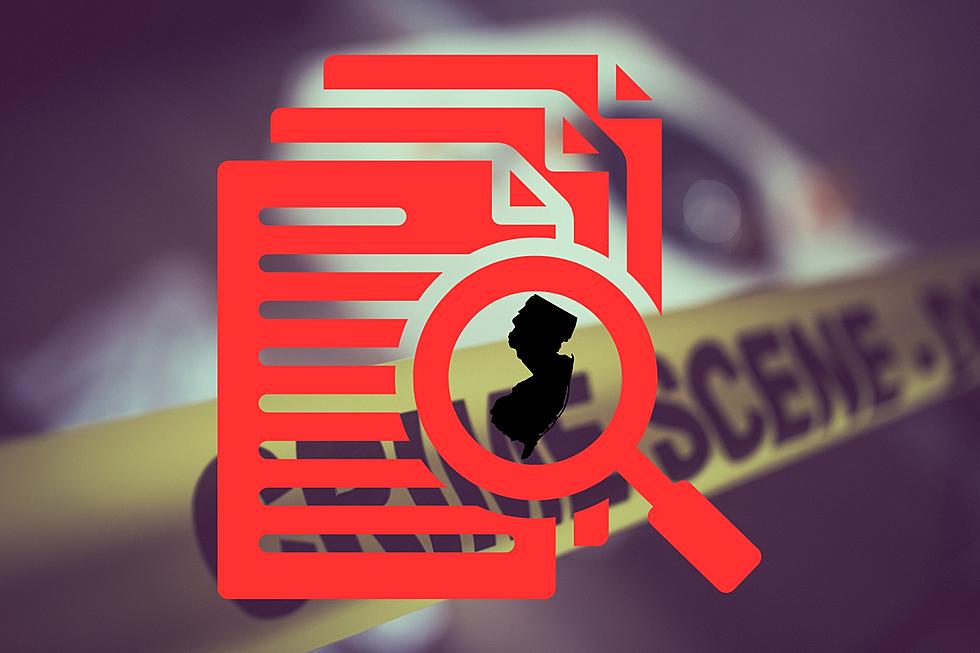
August 1st: New Law Bans One Very Common Household Item in NJ
A very common household item that you likely have in your living room or bedroom right now has been banned as of today.

And not only will it be banned, but if a store in New Jersey or beyond continues to sell this item after today, August 1st, they could face big fines for each one sold.
However, there's a chance that you have already transitioned your home to this newer technology that is taking over and you haven't even thought much about it.
After all, over the past few years, things like traffic signals, Christmas decorations, and all new cars have already made the switch.
What's being banned now?!
Light bulbs.
Specifically, old-fashioned incandescent and halogen lightbulbs that have been around for decades and decades.
According to gelighting.com,
Since halogen/incandescent light bulbs are less energy efficient than several other bulb types, The Department of Energy has recently set new standards for light bulb manufacturers. As part of a nationwide push towards energy efficiency, federally mandated requirements state that lights must now produce more light energy than they use, or at least 45 lumens per watt, effectively banning non-energy efficient halogen or incandescent light bulbs from production.
In other words, since LED lightbulbs are now commonly available and they use considerably less electricity, old-style lightbulbs (the kind that gets really hot when they've been on for a while) are going to disappear.
And, actually, the production of incandescent and halogen lightbulbs ended a while ago. As the supply of those bulbs has been bought by consumers, no new ones have been filling store shelves.
I found this out for myself several months ago when I wanted to buy a simple, old-fashioned, relatively low-wattage incandescent light bulb for my hallway. I went to several stores in New Jersey and none were to be found.
However -- and you'll need to do this ASAP -- by accident, the last time I was in a thrift store (i.e. Salvation Army or Goodwill Store), those places had quite a few incandescent light bulbs for sale, as if someone cleaned out their closet and unloaded them. I think they were selling for about a quarter each.
If you absolutely need to find an incandescent light bulb for some reason, you might want to check there.
More expensive initially
As writers at lightingservicesinc.net point out,
LED bulbs use up to 75% less energy than incandescent bulbs, and can last up to 25 times longer. Although the up-front cost of an LED bulb is a bit more expensive than an incandescent bulb, it is a much more cost-effective option in the long run, as LEDs need to be replaced far less often and will lead to savings on electricity bills.
So while you may be spending $6 or $7 for a lightbulb when they used to cost a buck or two, you'll make that money back, in theory, by using that much less electricity.
Health impacts of LEDs?
And while you might be saving energy by using LED lightbulbs, the technology is not perfect.
One study says "blue light," which is emitted from LEDs, can have a negative impact on your sleeping habits.
Another researcher even suggests that since LEDs contain all types of chemicals and compounds,
If any LEDs break at home...[sweep] them up while wearing gloves and a mask, and disposing of the debris — and even the broom — as hazardous waste. Furthermore, crews dispatched to clean up car crashes or broken traffic lights (LEDs are used extensively for automotive and traffic lighting) should wear protective clothing and handle material as hazardous waste.
It should be noted that LEDs are not considered toxic and can be disposed of in regular landfills.
Some people also claim to get headaches from LEDs since they flicker at an extremely high rate of speed, which old lightbulbs do not do.
Shoppers beware
Keep in mind that not all LED lightbulbs are the same. Some are specifically for indoor use. Also, if you are like me and you have to replace a lightbulb in a hallway light fixture, you'll need to buy a LED bulb that is designed to be used in an enclosed fixture -- look for that on the box.
Fun fact
I had mentioned that traffic signals have been using LEDs instead of light bulbs for a number of years now -- but that wasn't an easy transition.
LEDs are great for traffic signals as they last much longer than light bulbs, which means they don't have to be replaced nearly as often. However, LEDs don't generate heat. That heat is necessary to melt snow that accumulates on red and green lights, otherwise, the snow blocks the light.
To fix that, special visors had to be developed, tested, and then installed that allow the snow to blow away. So in the long run, has this actually cost us more money than just keeping old lightbulbs around?
- YOU PICKED THEM: NJ Drivers Say These 12 Roads Are the Most Hated in the State
LOOK: Highest-rated free things to do in New Jersey, according to Tripadvisor
More From WPG Talk Radio 95.5 FM









